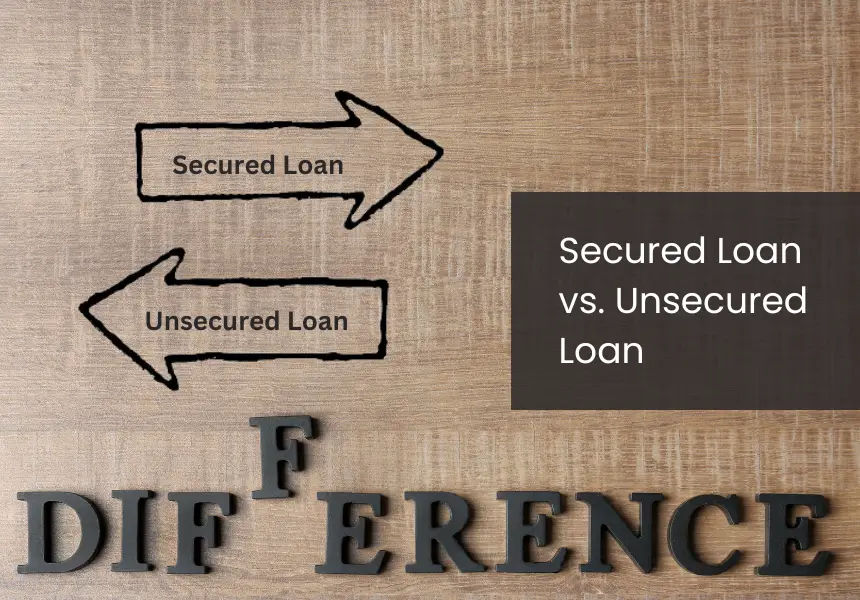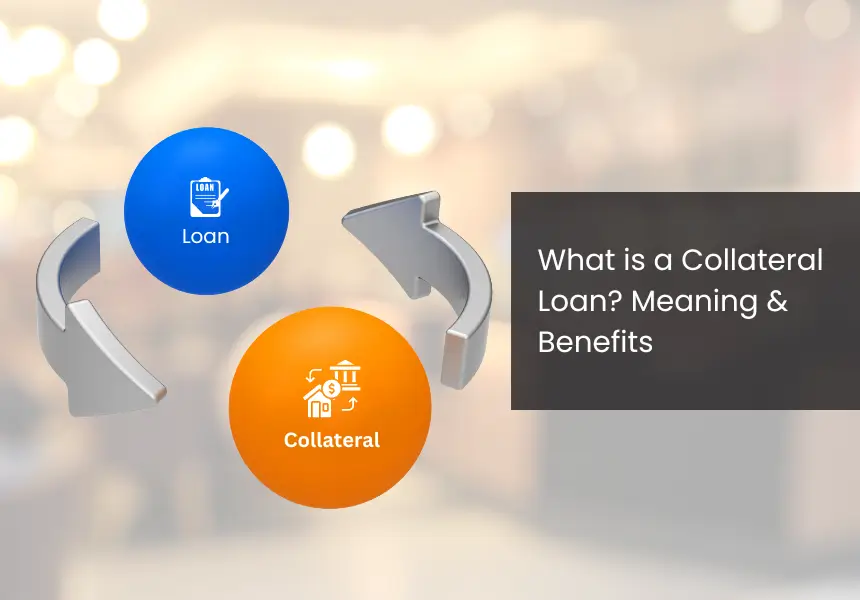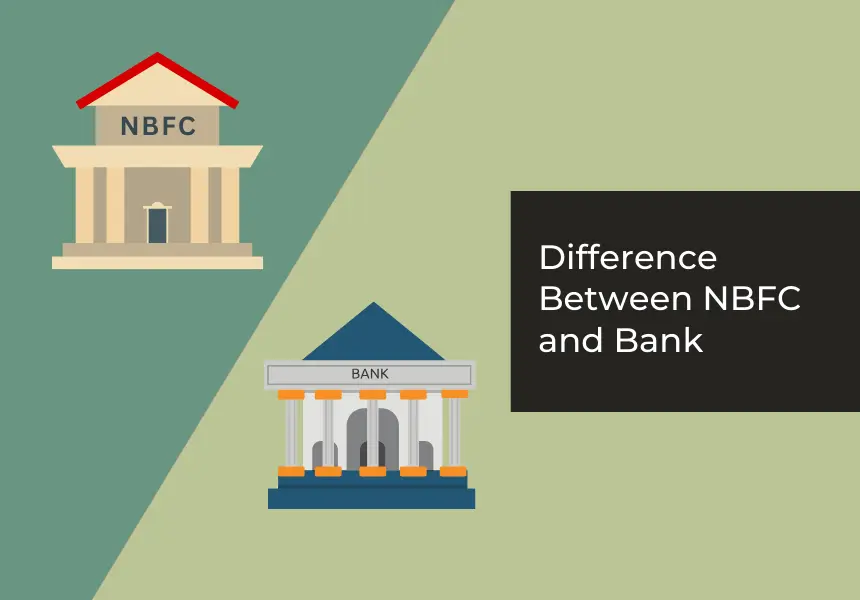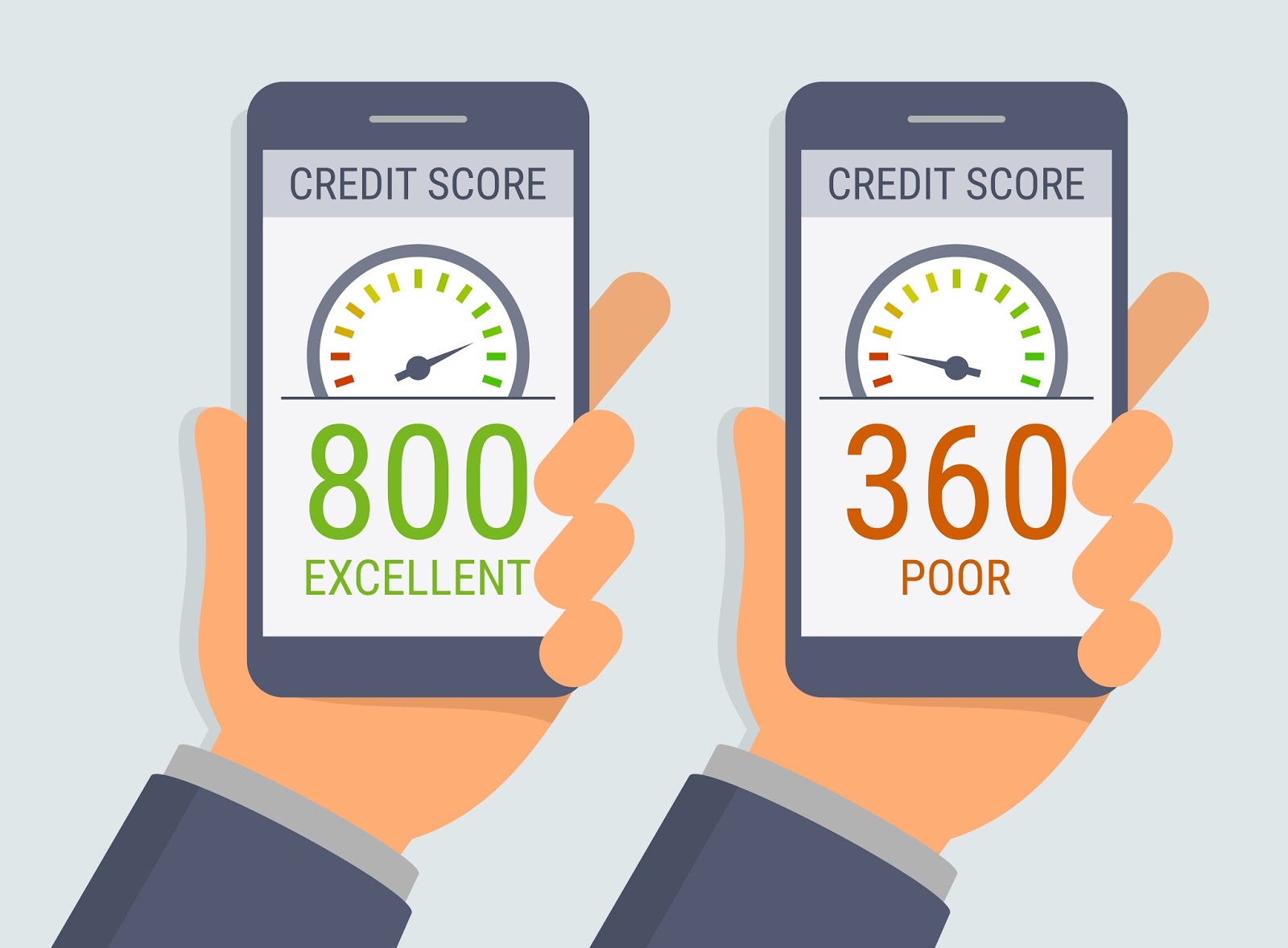
Your credit score has a huge significance in your life, at least as far as the financial matters are concerned, and yet you are never provided with a manual on the dos and don’ts for its maintenance. You are pretty much on your own in finding out what’s good and what’s bad for your score. This lack of awareness often leads to costly mistakes that are difficult to undo. However, you are in luck, for below you will find the 5 things that you can avoid for a better credit score (CIBIL score):
1) Late and Missed Payments

Your credit card and EMI payments make the largest contribution towards your credit score, and every single delayed or missed payment can cause damage. If you don’t correct yourself in time, the consequences can be severe. Thus, it is best to avoid delaying payments at all costs, and if you use credit cards, then it is also important that you avoid making minimal payments. Both of these actions are detrimental to your score.
If you are having a financial crisis and debt is piling up then you can always take a credit card takeover loan to pay it off. You can apply for the loan from your home itself, and repaying it is also easy and flexible.
2) High Credit Utilization

- Credit Cards: When you get a credit card it is natural to believe that you can spend as much money you want as long it is within the limit set for the card, and you can rightfully do so as well. However, what happens behind the scenes is that if your expenditure is high, especially if it is more than 30% of the limit, then your score is set back by a few points. The damage is directly proportional to the length of your history with high credit Utilization.
- Excessive Debt and Credit Utilization: Loans and credit cards can be of great help when you can’t afford something with a full payment. However, some people become too dependent on the system by applying for loans frequently and using a number of credit cards. All this puts you in a bad light and, taking this as reckless behavior, a lender may choose to stop sanctioning loans for you.
You can reduce credit utilization by using credit cards only when necessary, and depending on cash wherever possible. You should also avoid taking loans for assets that don’t increase your net worth. For instance, real estate and student loans are appreciative assets; jewellery and cars are not.
3) Becoming a Loan Guarantor or Co-Applicant
People often apply for loans along with a co-applicant, as it makes it easier to get approval. However, if you do decide to become a co-applicant then you must be aware of the consequences, should the worst happen in the future. Since the responsibility lies with both the applicants in a joint loan if either person refuses to pay EMIs or defaults, the other person has to face the music as well. When married couples who have taken joint loans separate, then the matters can often become complicated. The same goes for a situation in which a partner passes away. Consider a case in which a husband who is a co-applicant of a home loan passes away. The wife is now required to pay the 100% of the remaining loan amount. However, since she has only half of the ownership of the house, the husband’s family members may decide to divide the husband’s share of ownership amongst them. Thus, the wife could end up paying for half of the property that she doesn’t even own.
Becoming a loan guarantor is also usually a bad idea, especially because you risk your credit score in exchange for no reward or value. If the person you become a guarantor for pays the loan responsibly then you are good, but if they default then your score drops. No matter from which angle you look at it there is no advantage in it for you. Thus, unless the said person is a close family member or a friend who you can absolutely trust, you should avoid becoming a loan guarantor.
4) Hard Enquiries
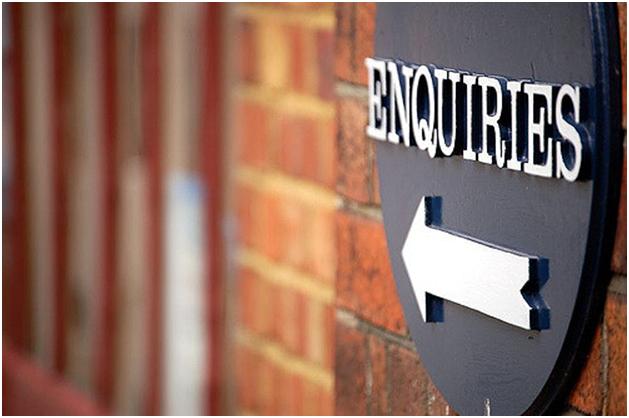
Monitoring your credit score is always encouraged by finance experts, for it helps in building a high score by detecting discrepancies and bad credit behaviour. Besides, when you request for a copy of your CIBIL report then it is referred to as a soft enquiry, and it doesn’t affect your score. However, if a lender requests for your CIBIL report, then it has consequences on your score.
A large number of hard enquiries in a short period can lower your score. This generally happens when you apply for a loan in different lending institutions at the same time. They all then make hard enquiries to CIBIL for your application, and it has a huge impact on your score. Thus, to avoid this from happening, you should always limit your loan applications and be selective with the lending institutions. It is better if you apply for the loan you want to just one bank or two at a time.
5) Defaulting
Defaulting on a loan invariably opens up a Pandora’s box. It is probably the worst thing that you can do for your credit score, for once you have defaulted, you are put on a blacklist by the lender, and they also leave remarks in your report. So, to prevent defaulting even if you have to take loan from friends or from a known lender, then you absolutely must do so.
The mistakes we make it life allow us to learn and grow. However, there are some mistakes which you can always avoid and should. For instance, mistakes that can ruin your credit score should always be avoided, and the tips given above can help you in that endeavor.
Click to apply for any type of Personal Loan
Download LoanTap’s Instant Loan App: Google Playstore / Apple App Store






